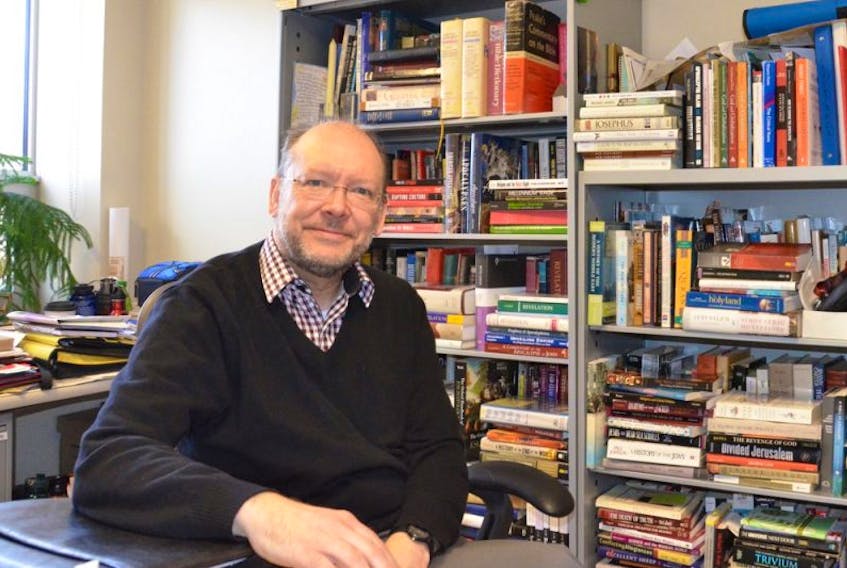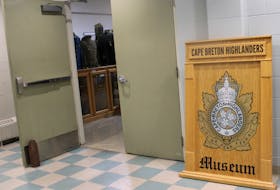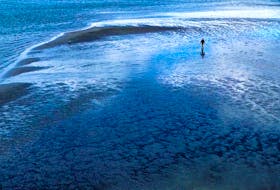“We have learned a lot about refugees over the last year and a half,” says SRRC chair Rev. John Perkin. “There are currently about 65.3 million forcibly displaced persons around the world. Of these, 21.3 million are identified as refugees, half of them under the age of 18. And, according the United Nations High Commission on Refugees (UNHCR), another 34,000 people a day are fleeing their homes because of conflict, violence, persecution and fear of death due to these factors.”
Thanks to daily media coverage, Canadians are somewhat familiar with the refugee crisis in Syria. Less well known, but equally devastating in human terms, is the situation in Central Africa.
Half a million of the world’s refugees are from the Democratic Republic of Congo (DRC), where some 75 million people occupy territory roughly equal to the combined area of Ontario and Manitoba. Formerly a colony of Belgium, the Democratic Republic of Congo gained independence in 1960.
The years since have been filled with political and social instability in an ongoing struggle for power and control. Army Colonel Mobutu (Sese Seku) seized power in 1965, and ruled as a dictator until 1997, when he was overthrown by a popular rebellion. A second civil war erupted in 1998 and continued through to 2003.
The violence of that period has continued to flare up over the last 14 years. It is often ethnically directed, driven by tensions over land ownership, tribal prejudice, and persecution. A recent UNHCR report states that: “armed groups have committed numerous, serious abuses with impunity – some of which may constitute war crimes and crimes against humanity – including unlawful killings, disappearances, mass rape and torture.”
Most Congolese refugees belong to ethnic groups from the eastern region of the country. Taken together, they constitute the sixth largest bloc of refugees in the world. Displaced from their homes, they fled first to the adjacent territories of Uganda, Rwanda and Burundi. Twenty years have passed; yet, even today returning home is not an option. Attempting to do so would put them in severe danger of renewed ethnic violence or government persecution.
The difficulty of their situation is further compounded by increasing restrictions being imposed by host countries. Refugees there find few employment opportunities and living conditions are harsh, unhealthy and unsafe.
Many Congolese from the DRC who fled to Uganda have since moved further eastward to the Kakuma refugee camp, which sits just across the Ugandan border in Kenya. Established in 1992 to serve Sudanese refugees, it now houses approximately 180,000 people in a region prone to dust storms, high temperatures (average daily temperatures of 40°C), and outbreaks of disease, including cholera and malaria.
There is little opportunity to engage in economic activity within the camp, and little freedom of movement outside its boundaries. In many ways, writes one UNHCR report, Kakuma is more like a prison than a refugee camp: “Here children age to adulthood and hope fades to resignation.”
“In 2015,” explains Perkin, “Sackville citizens responded enthusiastically to the Syrian refugee crisis. However, faced with delays in government handling of cases from Syria, we broadened our scope to consider refugees from other parts of the world as well.
“Now, a year later, we are privileged to offer a way out from Kakuma for a Congolese family. The adventure continues.”









